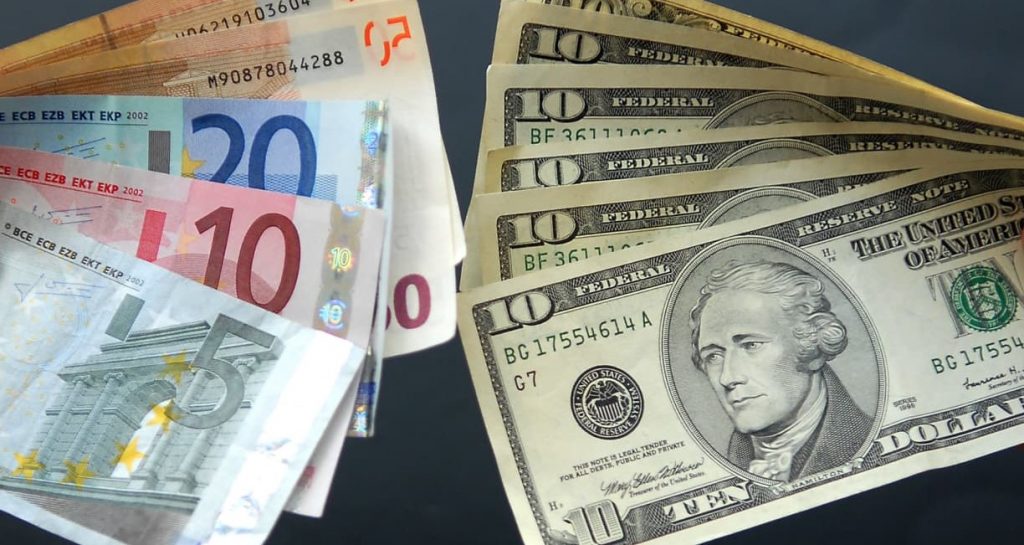
The U.S. dollar weakened broadly on Tuesday, weighed down by growing concerns over U.S. President Donald Trump’s trade deals, which have yet to be finalized. At the same time, the euro posted solid gains after Germany’s parliament elected Friedrich Merz as the country’s new chancellor.
Markets Grow Restless Over Trade Progress
Investors kept a watchful eye on the elusive trade agreements the White House claims to be finalizing, particularly with China. President Donald Trump hinted that announcements on certain deals could be made within the week, but specifics remained out of reach.
“The market is getting nervous that we’re starting to eat away at the schedule since the 90-day tariff reprieve without anything meaningful being announced,” said Eugene Epstein, head of structuring for North America at Moneycorp. He added that the absence of formal developments was fueling broader market unease.
Mixed Movements Across Major Currencies
The dollar slid 0.86% against the Japanese yen, trading at 142.445 yen. In contrast, the Taiwanese dollar, which had recently surged to record highs versus the greenback, retreated 2.6% to 29.931 per dollar as tariff-related jitters persisted.
Canada’s currency strengthened after Prime Minister Mark Carney delivered a pointed message to Trump during a White House visit, insisting Canada was “not for sale.” The Canadian dollar edged up 0.39% to trade at C$1.38 against its U.S. counterpart.
The euro maintained its upward momentum following Merz’s successful bid for Germany’s top political office. The common currency climbed 0.50%, last trading at $1.1371.
Trade Deficit Hits Record as Import Rush Continues
Adding pressure to the dollar, the U.S. Commerce Department reported a 14% surge in the trade deficit, which reached a record $140.5 billion in March. The widening gap was largely driven by a spike in imports ahead of anticipated tariffs.
Meanwhile, the dollar reversed earlier gains against the Swiss franc, slipping 0.09% to 0.82145 franc. Swiss National Bank Chairman Martin Schlegel signaled the bank’s willingness to intervene in currency markets and even consider negative interest rates to safeguard price stability.
